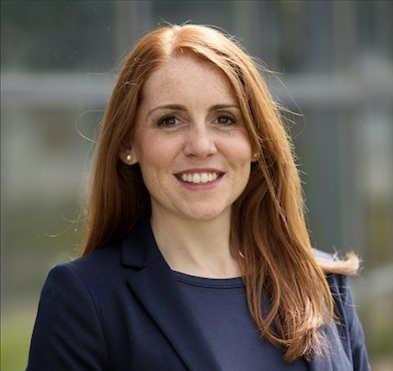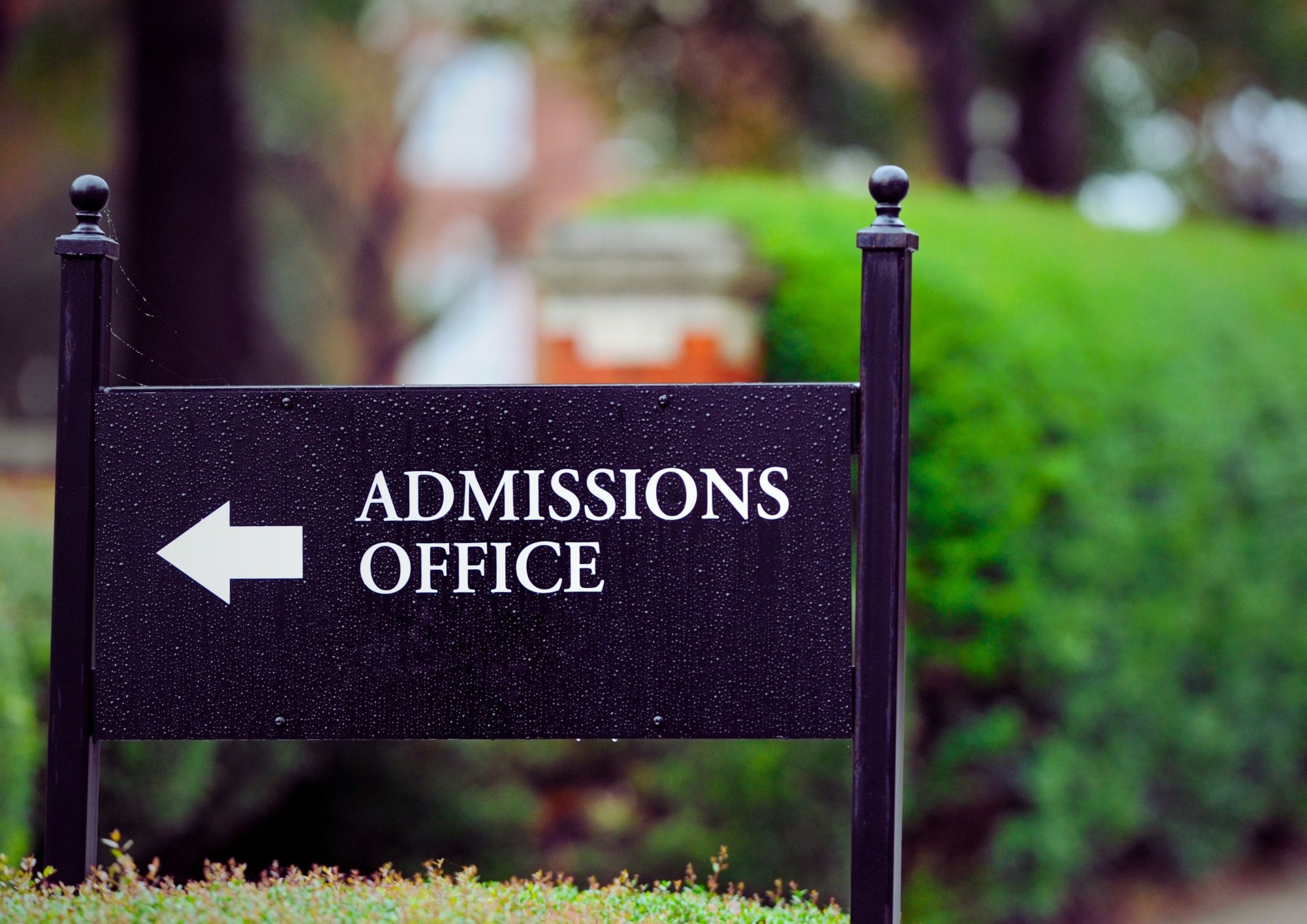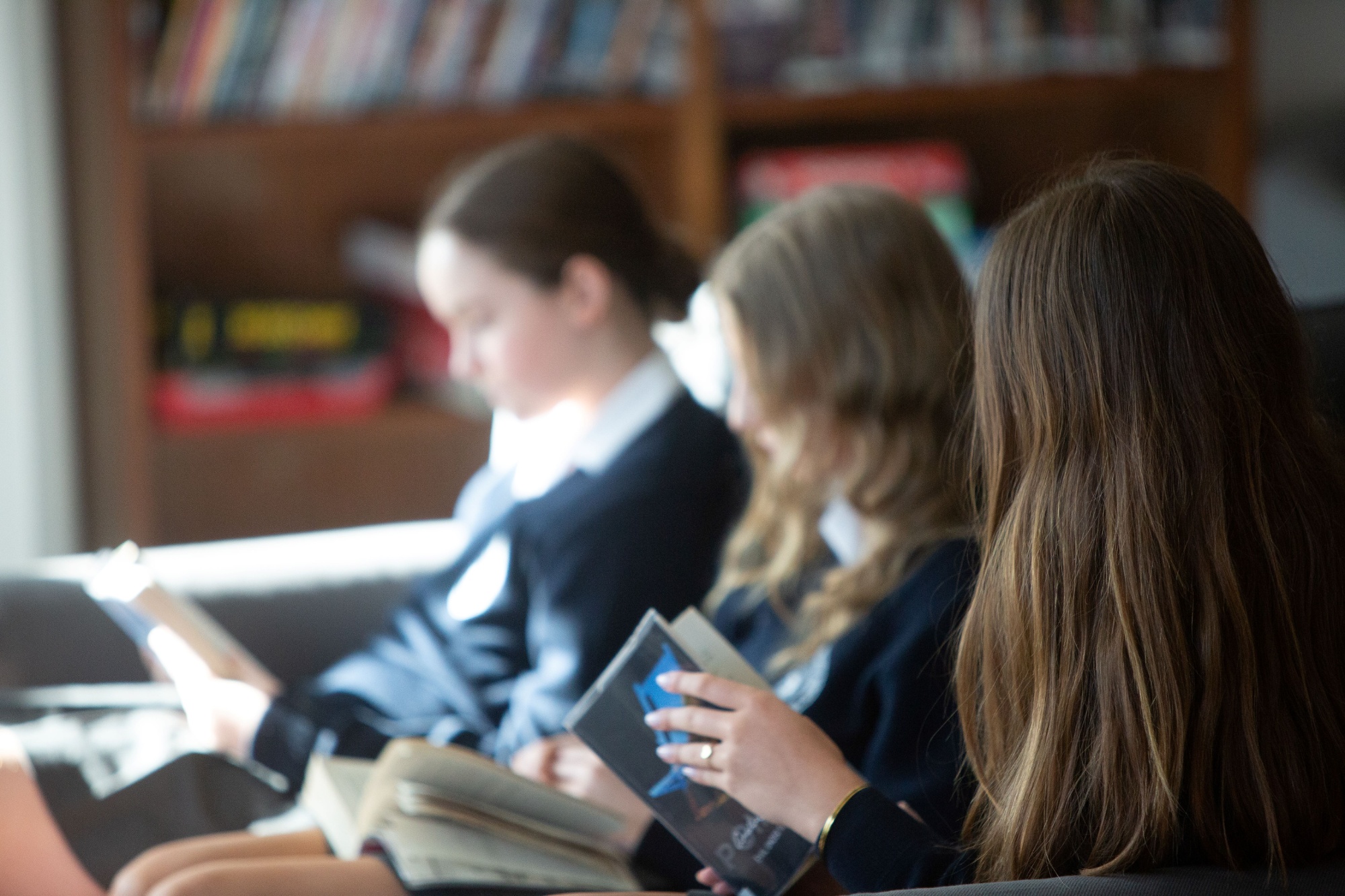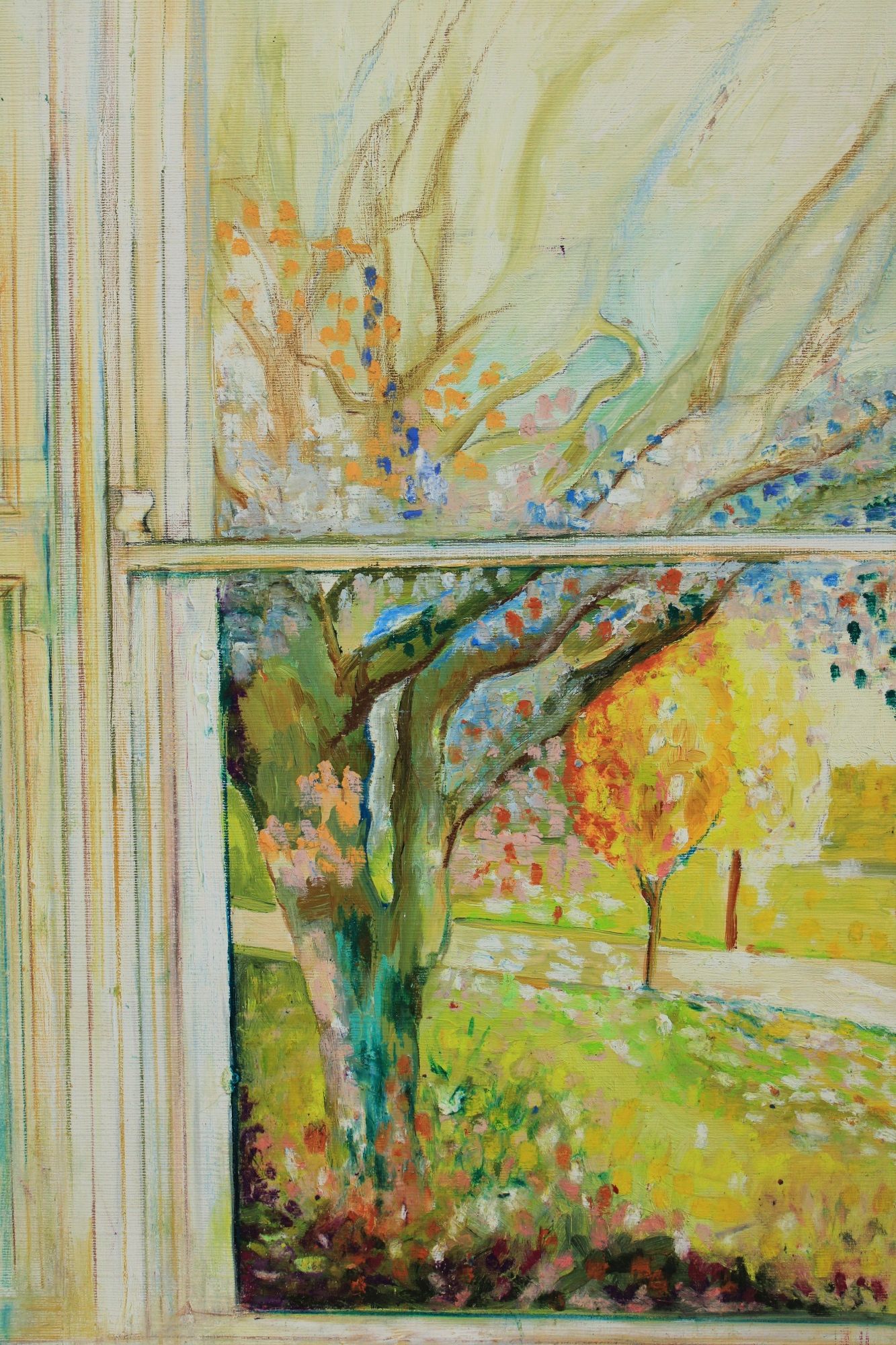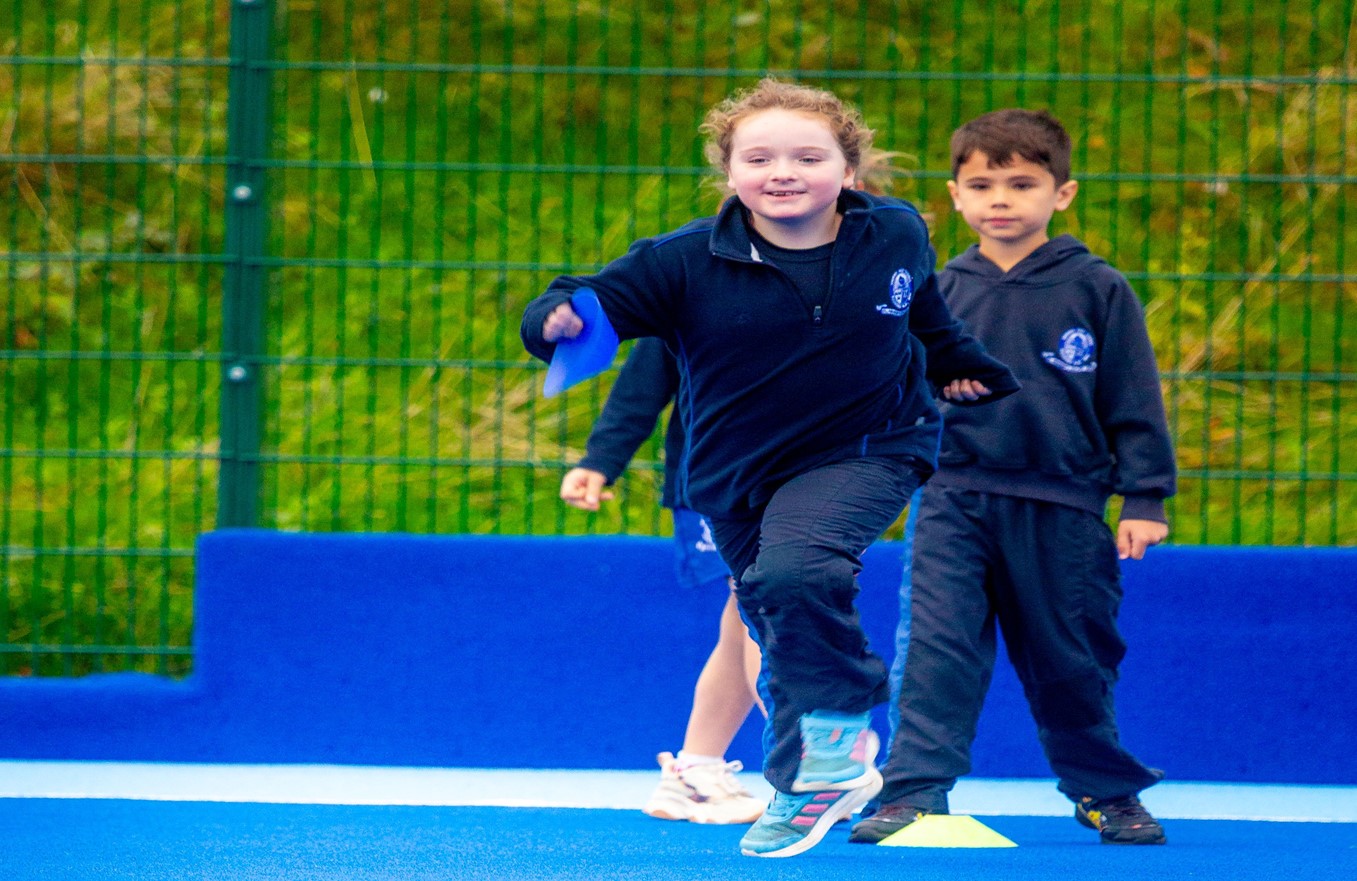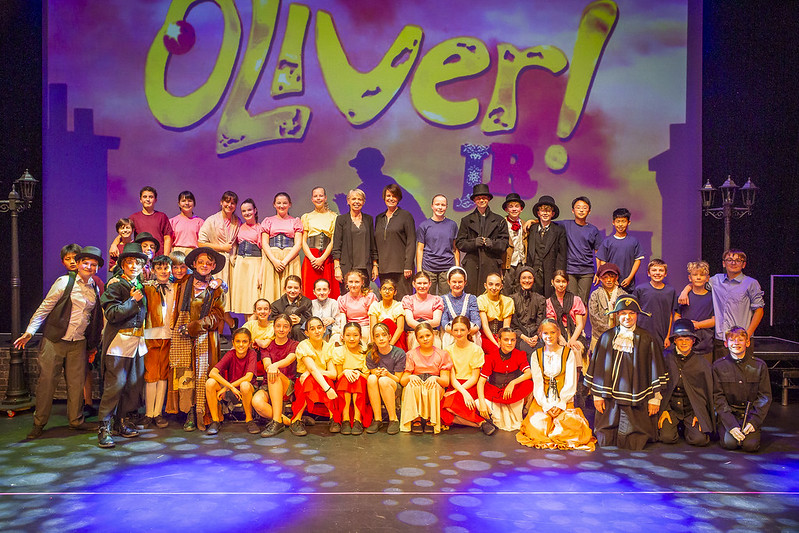Parent Representatives
The Parent Representative (Parent Rep) is a member of the PTA who also operates as a go-to liaison between parents of specific classes, and the PTA. The Parent Rep serves a primary role in maintaining good communication between parents, while also being a valuable resource to the PTA. Parent Reps also facilitate the social interaction among families in the school community.
There are currently three Parent Reps servicing the Junior school, while in the Senior School there is one Parent Rep for each Year Group. (Note that each class of the Junior School also has its own Class Rep – who acts as a liaison between the teacher and the parents.)
As well as the tasks set out below, Parent Reps also serve as a point of contact for information outside of that which would ordinarily be dealt with by the school (for example, new parents looking for local information, etc.)
What specifically does a Parent Representative do for the parents?
- The parent representative encourages the parents to volunteer when needed – either for activities or events when requested by the PTA.
- The parent representative passes on ideas/requests from the parents to the PTA.
What specifically does a Parent Representative do for the PTA?
The parent representative, at the request of the PTA, arranges assistance via the parent body in a particular Year Group in a manner needed by the PTA.
What specifically does a Parent Representative not do?
Representatives are not to be used to help other parents express concerns about their own children or the school in general. These should be done directly between the parents and the Class Teacher/Deputy Principal/ Principal for the Junior School or for the Senior School the Subject Teacher/Form Teacher/Year Head/Deputy Principal/Headmistress as relevant.
For the 2023/2024 school year, the following individuals are Parent Reps:
Senior School
|
1st Year |
|
|
2nd Year |
|
|
3rd Year |
|
|
4th Year |
|
|
5th Year |
|
|
6th Year |
Junior School

